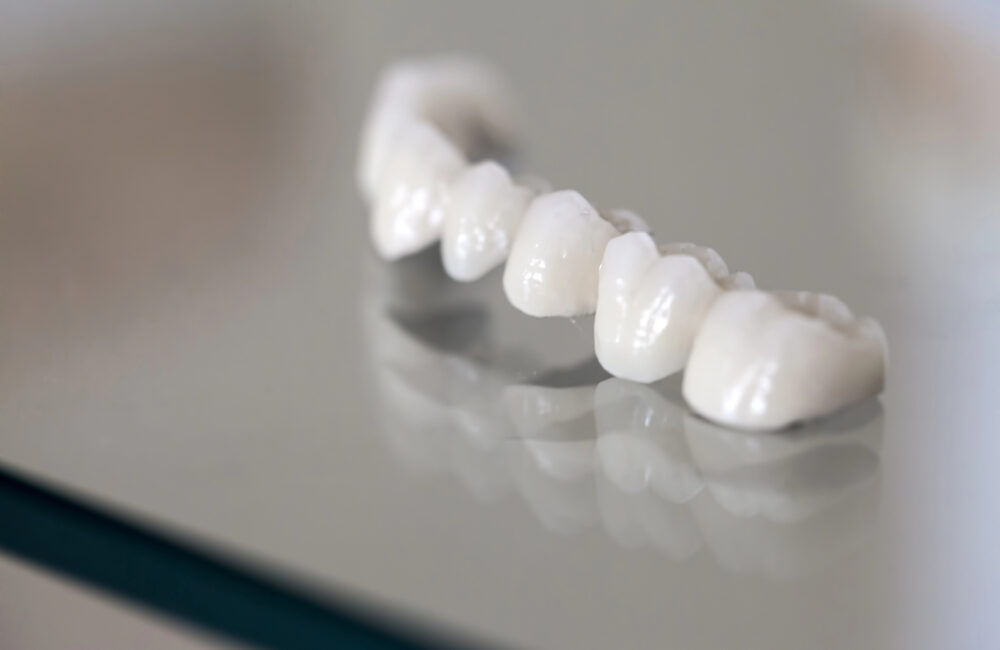
Dental crowns are a popular restorative solution for damaged or weakened teeth. They provide both functional and aesthetic benefits, but many patients wonder how long they last and whether the investment is truly worth it. With advancements in materials and technology, dental crowns have become more durable and cost-effective, yet their longevity depends on several factors. In this article, we’ll explore the lifespan of dental crowns, the factors affecting their durability, and whether they are worth the cost.
The Average Lifespan of Dental Crowns
The longevity of a dental crown largely depends on the type of material used, oral hygiene habits, and regular dental care. On average, dental crowns last between 10 to 15 years, but with excellent care, some can last even longer—up to 20 or 30 years.
Types of Dental Crowns and Their Durability
1. Porcelain Crowns: These provide a natural appearance but may be more prone to chipping. They typically last 10–15 years.
2. Porcelain-Fused-to-Metal (PFM) Crowns: Stronger than pure porcelain, these crowns have a metal base, giving them a lifespan of around 10–20 years.
3. Zirconia Crowns: Highly durable and aesthetically pleasing, zirconia crowns can last 15–25 years.
4. Gold and Metal Alloy Crowns: These crowns are the most long-lasting, often exceeding 20 years due to their resistance to wear and fracture.
Factors That Affect Dental Crown Longevity
Several factors influence the lifespan of dental crowns:
– Oral Hygiene: Regular brushing, flossing, and professional cleanings help prevent decay and gum disease, which can compromise the crown’s foundation.
– Teeth Grinding (Bruxism): Grinding or clenching teeth can significantly shorten a crown’s lifespan by causing cracks and fractures.
– Chewing Habits: Biting on hard objects like ice, pens, or fingernails can damage crowns over time.
– Dental Material: As mentioned earlier, some materials are more durable than others. Gold and zirconia tend to outlast porcelain or PFM crowns.
– Placement of the Crown: Crowns on molars endure more chewing force, leading to faster wear compared to those on front teeth.
Are Dental Crowns Worth the Cost?
The cost of dental crowns will be prohibitive for many people, as they typically range from $800 to $3,000 per tooth, depending on material, location, and insurance coverage. While this may seem expensive, dental crowns provide a long-term solution for restoring damaged teeth, preventing further decay, and improving overall oral health.
Cost vs. Benefit Analysis
– Prevent Further Damage: A crown protects a weakened tooth from further decay or fracture, potentially saving you from more costly procedures like extractions or implants.
– Improved Aesthetics: Crowns enhance the appearance of teeth, boosting confidence and self-esteem.
– Long-Term Savings: Although costly upfront, dental crowns can be a more cost-effective solution compared to frequent fillings or other temporary treatments.
– Enhanced Functionality: Crowns restore chewing efficiency, which is crucial for overall health and digestion.
The Shift Toward Digital Dentistry and Its Impact on Crowns
With advancements in technology, the shift toward digital dentistry is transforming the way dental crowns are made and fitted. Traditional methods involved multiple visits, messy impressions, and longer waiting times. Now, digital scanning and CAD/CAM technology allow for same-day crown fabrication using precise 3D imaging.
Benefits of Digital Dentistry for Crowns:
– Faster Turnaround: Same-day crowns eliminate the need for temporary crowns and multiple appointments.
– Better Fit and Comfort: Digital impressions provide higher accuracy, reducing the risk of poorly fitting crowns.
– Stronger Materials: Modern digital systems use highly durable materials like zirconia, extending the lifespan of crowns.
– Cost Reduction Over Time: As technology advances, digital dentistry may help lower the cost of dental crowns, making them more accessible.
Dental crowns are a worthwhile investment for many patients, providing long-lasting protection and aesthetic benefits. While the cost of dental crowns will be prohibitive for many people, they offer significant advantages in terms of durability, function, and overall oral health. With the shift toward digital dentistry, the process of getting crowns is becoming faster, more precise, and potentially more affordable in the future. If properly cared for, a dental crown can last well beyond a decade, making it a valuable solution for tooth restoration.
If you’re considering a dental crown, consult with your dentist to discuss the best materials and options for your specific needs. Investing in a high-quality crown today can save you from costly dental issues down the road.



